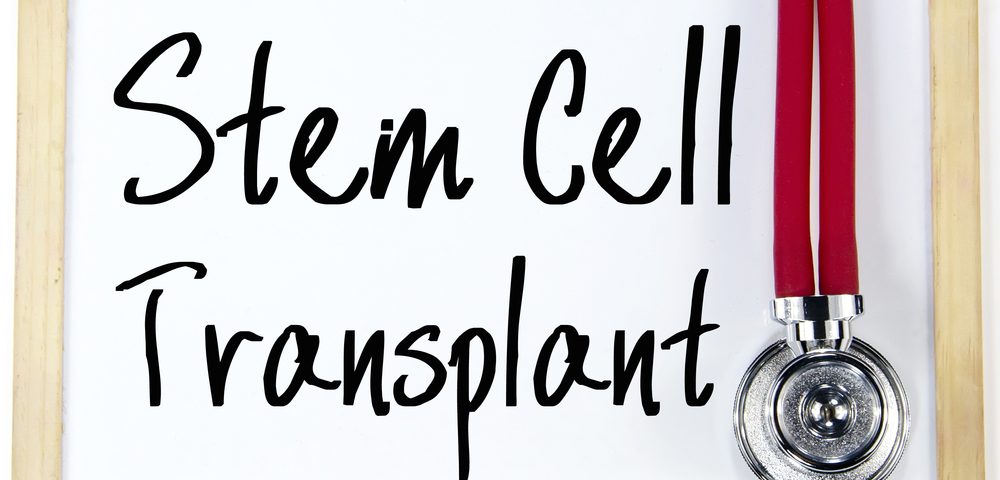Results from a recent large-scale study indicate that stem cell transplants should be considered for the treatment of patients with relapsed follicular lymphoma.
The study, “Allogeneic Hematopoietic Stem Cell Transplantation for Relapsed Follicular Lymphoma: A Combined Analysis on Behalf of the Lymphoma Working Party of the EBMT and the Lymphoma Committee of the CIBMTR,” was published in the journal Cancer.
Allogeneic hematopoietic stem cell transplants (allo-HCT), which refers to the transplantation of stem cells obtained from a matched donor into a patient, remains the only potentially curative treatment for relapsed follicular lymphoma.
Unfortunately, there is still no consensus on the right timing for the transplants, nor the optimal patient population who should be receiving the treatment.
To determine the value of these stem cell transplants in patients with relapsed follicular lymphoma, researchers conducted a retrospective analysis of the largest group of patients that have ever been studied, from the European Society for Blood and Marrow Transplantation (EBMT) and the Center for International Blood and Marrow Transplant Research (CIBMTR).
The study included 1,567 patients with relapsed follicular lymphoma who underwent stem cell transplant from a human leukocyte antigen (HLA)–matched donor.
Five years after receiving the transplant, 61% of patients were still alive, and 52% had still not progressed. The five-year cumulative incidence of disease progression or relapse was 29%, while transplant-related mortality was 19%.
When looking at individual risk factors, researchers determined that chemoresistant disease, older age, heavy pre-treatment, poor performance status, and myeloablative protocols – regimens with high-dose chemotherapy that kill cells in the bone marrow – were all predictors for worse survival.
Researchers also developed a prognostic score using age, lines of prior therapy, disease status, and performance status. They used the prognostic score to classify patients into three groups – low, intermediate, and high risk.
While 80% and 68% of patients in the low-risk group were alive or alive without any signs of disease progression at five years, respectively, the figures dropped to 62% and 53% in the intermediate-risk group and to 50% and 46% in the high-risk group, respectively.
Results from this study indicate excellent long-term outcomes for patients with relapsed follicular lymphoma who are treated with stem cell transplants, particularly patients with a low risk of progression.
“Allo-HCT should be considered for patients with relapsed follicular lymphoma and available HLA-matched donors,” the researchers wrote.
As they developed a new predictive prognostic score, the investigators added that “the prognostic score presented here can assist in counseling patients and determining the time to proceed to transplantation.”


